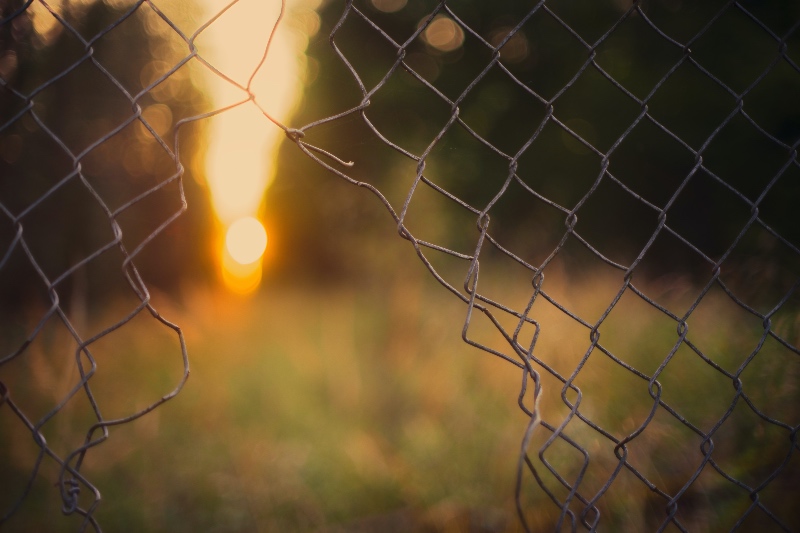Closing the wound within
'Who am I, if I feel I can no longer minister to others, empty as I am?' By Shaun Lambert

I like different genres of books, but the one with which I learnt to read was fantasy. One quartet of books I have returned to again and again is the Earthsea set by Ursula Le Guin, with the best known of them A Wizard of Earthsea. There is a wise creativity at work in the heart of them.
One of the reasons for their longevity and success is the author’s ability to fathom archetypal themes which readers can identify with in their own lives. Working with our shadow is one of them, but another has spoken to me over the pandemic and lockdown.
In the third of the series The Farthest Shore, a hole has been opened in the fabric of the being of the world, and all that is good is running out of the world. Ged, the Wizard of Earthsea, and Archmage must close that hole to restore the world to wholeness. He succeeds in the task but in the process loses all his power, and is left empty. He is left not knowing who he is without his power and status, no longer a wizard, no longer able to call a hawk to rest on his arm. He seeks isolation to face his sense of shame and guilt and loss of identity.
His plight spoke to me during the Covid-19 trauma as I felt I was trying to close holes caused by the pandemic that I simply couldn’t close. I was finally left feeling empty of power and ability, at the farthest shore of my own strength, unable to go further. I was left asking the question, ‘who am I, if I feel I can no longer minister to others, empty as I am?’
In the fourth book, Tehanu, Ged has an epiphany. He happens to be at the right place at the right time to save his friend Tenar and her child from violence. Afterwards Tenar asks him, ‘How did you happen to be just there, just then?’[1] He cannot answer directly. And so, she adds, ‘It’s the kind of thing that happens to a wizard.’[2]
She realises for him that there is a space that existed before he became a mage, and if ‘the power never was got, or was taken away, or was given away – still that [space] would be there.’ He was in the right place at the right time because of that space, that emptiness, that potentiality that led him to become a mage.
Each of us can take on a role like minister, or doctor, or nurse, or teacher, or plumber because of a God-given space within, a potentiality, an emptiness that is pregnant with possibility. When we feel we can no longer minister, or that the role can no longer be inhabited, and we feel a loss of identity, guilt, or shame, there is a greater truth that can lead us by the hand into a new future.
The space within, the emptiness, the potentiality that led us to being a minister, or a doctor or some other role is still there. The part of you that wanted to be compassionate, bring healing, help others be transformed is still there. It is there waiting for you to find it again, because that is the true part of you that does not need title, role, or power to still be.
I have realised that part of me that took me into ministry is still there. It has been waiting for me to catch up with it. I do not know where I will be led by it, that archetypal wounded healer within. When I found it, still intact, full of potential, undamaged, the hole within me out of which life was running closed.
Here at Scargill House where I live in community, our common demanding task is to offer the hospitality of God to others. We have been ministering to many whose story seems the same as mine. That space within me brought me here to be just here, just now, to be there, just then. My prayer for you is this:
If you feel empty, unable to minister, unable to hold the role,
may you find the space, the emptiness, the potentiality within
that led you to minister in the first place.
May it lead you by the hand to a new future,
full of wise creativity, not dependent on status or power.
May you find yourself in the right place at the right time.
May people say to you, ‘thank you for being just there, just then,
When I needed you.
[1] Ursula Le Guin, Tehanu, in Earthsea: The First Four Books (Penguin Books, 2016, 657).
[2] Le Guin, 660, my addition
Image | Johannes Plenio | Pexels
Shaun Lambert is a Baptist minister, author, and psychotherapist living on community with Scargill Movement, currently exploring mindful community and mindful church
Do you have a view? Share your thoughts via our letters' page.
Baptist Times, 12/04/2022